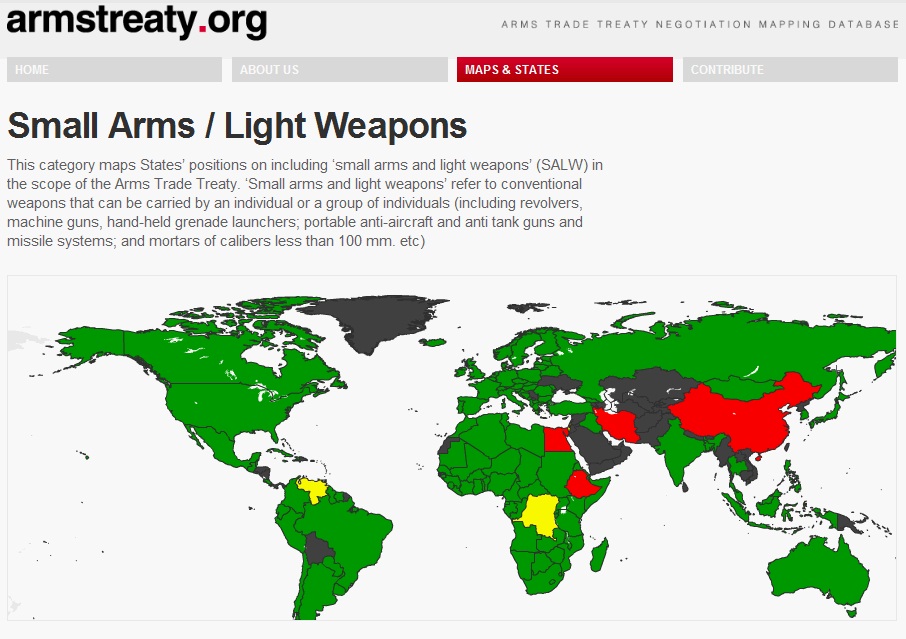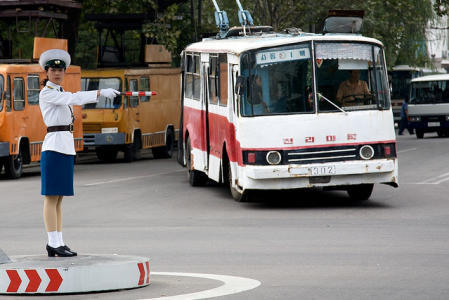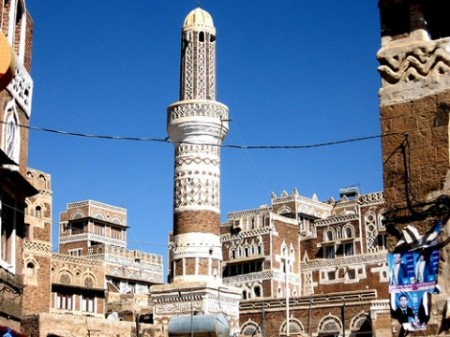
Private security companies (PMCs) employ twice as many people as police forces worldwide. Yet, PMCs only hold a fraction of the firearms possessed by law enforcement agencies.
This is one of the findings (pdf) presented in the Small Arms Survey 2011 published last week by the Graduate Institute of International and Development Studies in Geneva. This year’s theme is States of Security. In the introduction, Robert Muggah, research director at Small Arms Survey, writes: “scholars and policy-makers are revisiting certain fundamental questions about security provision in the 21st century: Who actually provides security, and under whose authority?”
Apart from this special focus, which resulted in one chapter on private security and small arms, and another on multinational corporations and private security, the volume features statistics on small arms and light weapons (SALW) transfers. There we learn that the US, Italy, Germany, Brazil and Switzerland are the top exporters of SALW. The biggest importers are the US, Canada, the UK, Germany and Australia.
The Small Arms Trade Transparency Barometer reveals that Switzerland, the UK, Germany, Serbia and Romania are the most transparent among the big small arms exporters. It does not come as a surprise that Switzerland, the UK and Germany are also among the biggest sponsors of the Small Arms Survey research project. Nor is it surprising that Iran and North Korea are the two least transparent exporters of SALW.
The publication of the Small Arms Survey is timely:


 Next Tuesday, July 19th, ISN partner organization the
Next Tuesday, July 19th, ISN partner organization the 

